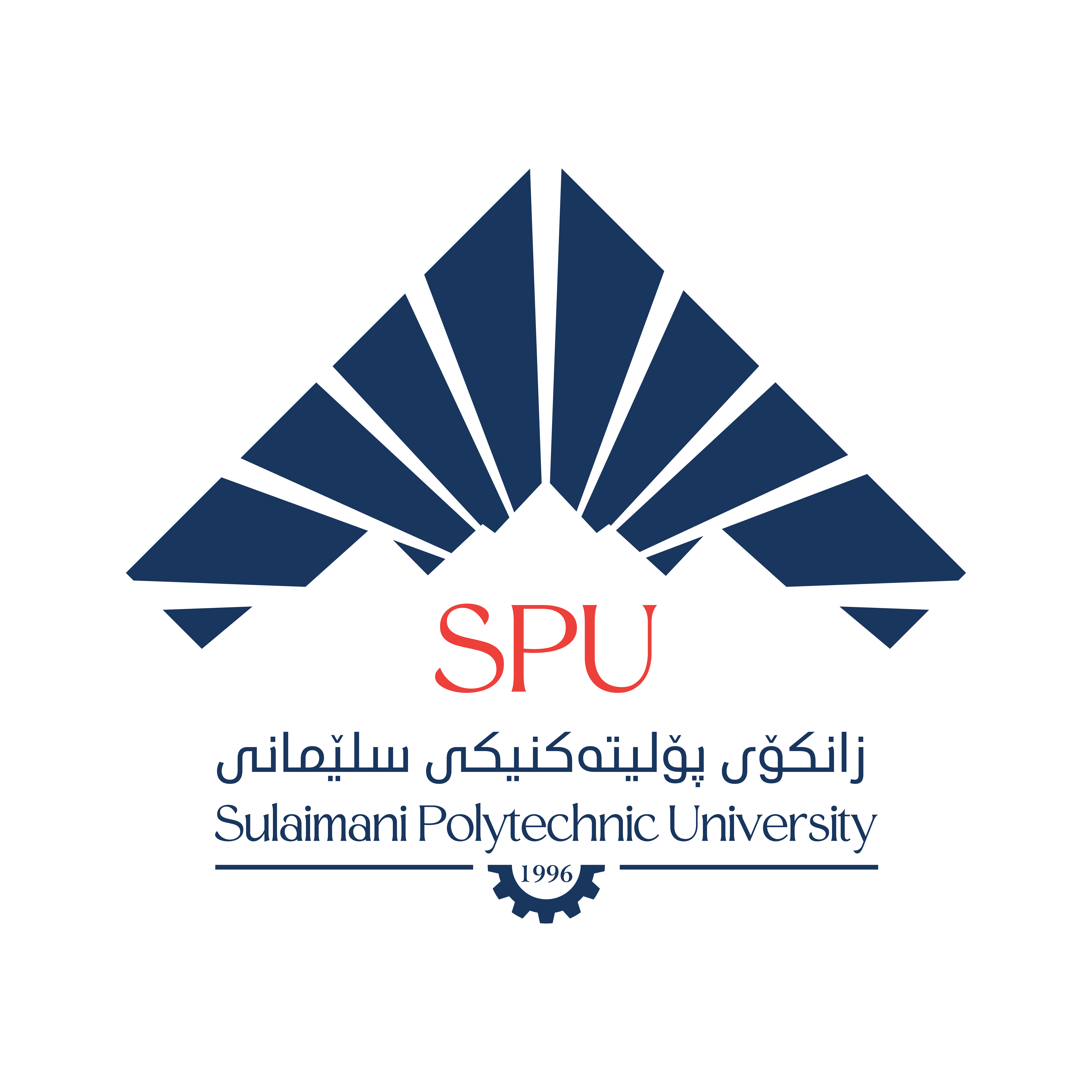
A workshop on “Philosophy of Peace and Transforming Factors of Conflict” took place
In the continuation of the work and activity of the Digital Cultural Heritage Research Center in Sulaimani Polytechnic University, and by following public safety measures, on July 13th, 2021, an open workshop of Digital Cultural Heritage Research Center with Nahrein Network and Gender Equality Center based at Sulaimani Polytechnic University, in collaboration with the UNESCO chair for genocide prevention studies in the Islamic world in Baghdad University. Titled "Philosophy of Peace and Transformative Factors of Conflict" Took place. The workshop was delivered by Prof. Dr. Salah Al Jabri, Professor of Philosophy at the College of literature – University of Baghdad; and president of the UNESCO Chair for Genocide Prevention Studies in the Islamic World; and a member of the Arab Academic Association for Philosophy. The three-hour-long workshop, which was presented in Piramerd hall, in the presidency of Sulaimani polytechnic university- Qirga Campus, and Via zoom. Prof.Dr. Alan Faraidun Ali Amin, head of Sulaimani polytechnic, and Prof.Dr. Soran Abubakr, the assistant president of the University for scientific affairs and higher education, and a significant number of academics and experts in different fields were present. (44 in-person attendees and 62 Zoom attendees) from a total of 20 universities and organizations and governmental and non-governmental associations. Attendees came from the countries of (Iraq, the United Kingdom, Spain). And local participants in Iraq attended a workshop in four different cities, including Sulaimani, Erbil, Halabja, and Duhok. Throughout the workshop, Prof. Dr. Salah al-Jaberi spoke in detail about the philosophy of peace and peace between human beings and all the self-destructive and subjective reasons that would prevent violent thinking, and a detailed view of the point of change, which is the beginning of every change to achieve a general peace, both for individuals and Community. Finally, the topic then was enriched by the public's questions and comments.








